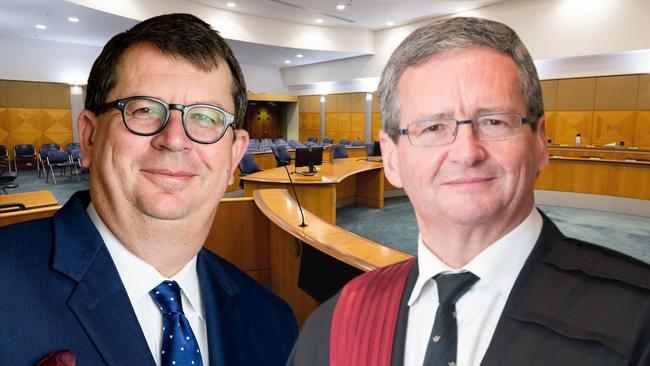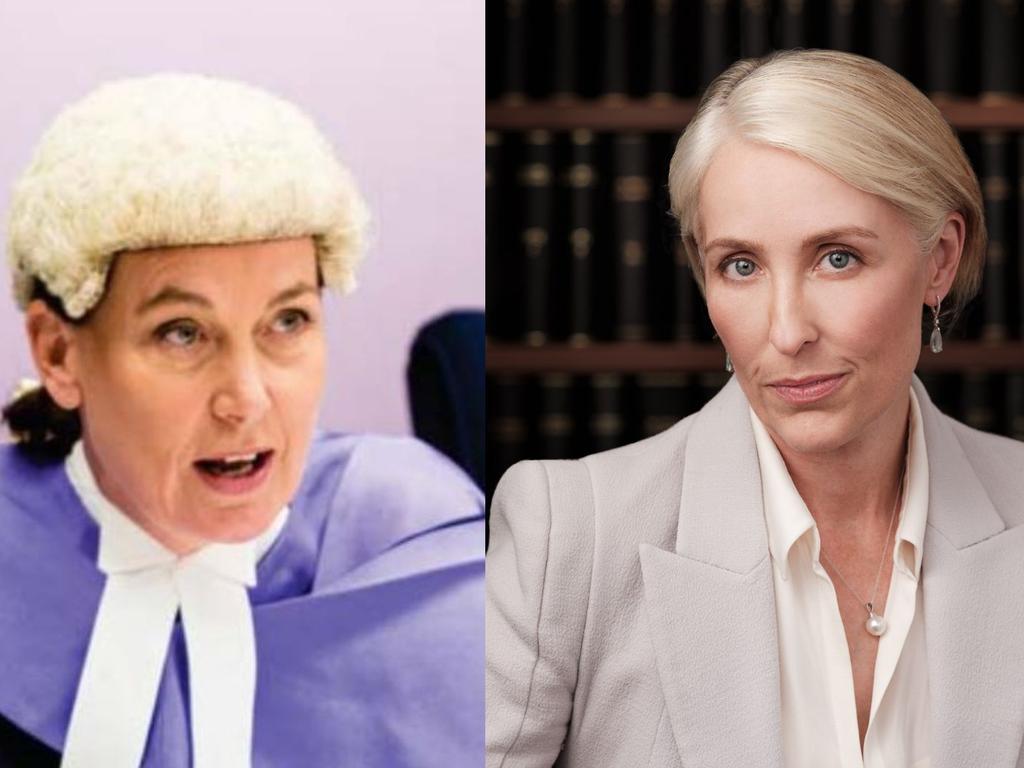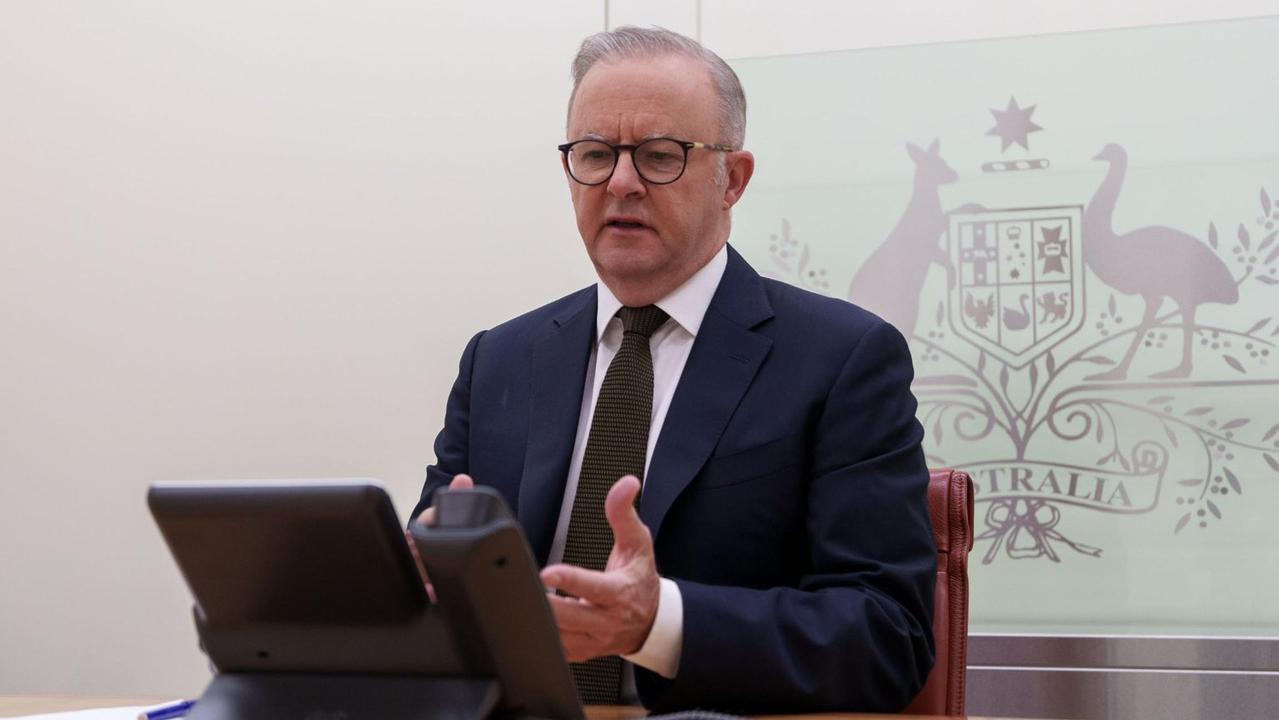Federal Court judge Ian Jackman and Chief Justice Andrew Bell split over evidence drafting
A Federal Court judge has issued a stinging rebuke to the NSW Chief Justice for creating ‘legal uncertainty’ and giving directions to judges outside his jurisdiction.

A Federal Court judge has rebuked the NSW Chief Justice for creating “legal uncertainty” and flexing a “supervisory power” over judges outside his jurisdiction, becoming the latest missile launched in a long-running dispute over the drafting of evidence.
Ian Jackman handed down a judgment last week criticising NSW Chief Justice Andrew Bell for seeking “to impose limitations” on judges outside the state Supreme Court, and for endorsing an “artificial, strained, misleading and fanciful” practice relating to written affidavits.
The comments mark a climax in the long debate, which centres on whether it is appropriate for a witness’s memory to be converted into direct speech in a sworn affidavit. In other words, the two judges are split over whether a witness’s recollection of a conversation should be written down as a verbatim quote.
This practice, Justice Jackman has argued, gives the “false appearance of verbatim memory”. But Chief Justice Bell has said there is “no meaningful difference” between a witness offering their “best recollection” of events while giving verbal evidence, and that recollection being written as direct speech in an affidavit.
The disagreement began last year with a judgment by Justice Jackman – the brother of actor Hugh Jackman – in which he said he wanted to end a “longstanding practice” in NSW where affidavits quoting a witness’s memory as direct speech are prefaced with the “confusing formula” of “in words to the following effect”.
In a separate judgment in July, he found a witness’s evidence was “drafted and approved by her as a matter which is adverse to her credibility” because it quoted her memory as direct speech. He labelled the practice “logically, ethically and grammatically wrong”.
“I regard it as adverse to a witness’s credibility for the witness to convey the false impression in an affidavit of a verbatim recollection of a conversation by using direct speech, when all the witness remembers is the gist of something which was said,” Justice Jackman said.

But in an appeal judgment for a succession matter in September, Chief Justice Bell said it was “unorthodox and undesirable” for Justice Jackman to “arrogate” himself the “ending of a longstanding practice in NSW”.
“There is no meaningful difference between a witness being asked in the witness box to give his or her ‘best recollection’ and that ‘best recollection’ being set out in direct speech in an affidavit or witness statement, qualified by ‘words to the following effect’ where the witness cannot recall the actual words used,” the Chief Justice said. “Many a witness has suffered by reason of the absence of any genuine recall even of the gist of a conversation, exposed under cross examination. Experienced judges are alive to imperfection of memory and artificially precise recollections.”
Responding to these comments last week, Justice Jackman accused Chief Justice Bell of seeking “to impose limitations” of judges outside of his jurisdiction.
“Bell CJ’s statement, read in context, was directed to judges of the Federal Court, but would apply equally to judges of the High Court,” he said.
“I do not express any view as to whether his Honour’s statement is appropriate to be applied to judges of the Supreme Court of NSW, that being a matter for the judges of that court to resolve in light of the intrusion on judicial independence which Bell CJ’s view represents.
“However, to the extent that Bell CJ’s view is intended to apply to judges of other courts, with great respect, his Honour is asserting a supervisory power that his Honour does not have.”
He said the Federal Court has a “particular responsibility to foster consistent national practice”.
“Its responsibilities thus differ from those of the Supreme Court of NSW,” he said. “The Chief Justice of a state Supreme Court cannot insist that judges of the Federal Court exercise those responsibilities in a particular way.”
Justice Jackman said the Chief Justice “appears simultaneously to have created and criticised legal uncertainty” and said it was “desirable that, at least in hearings conducted by the Federal Court, NSW practice be brought into line with the rest of the country”.





